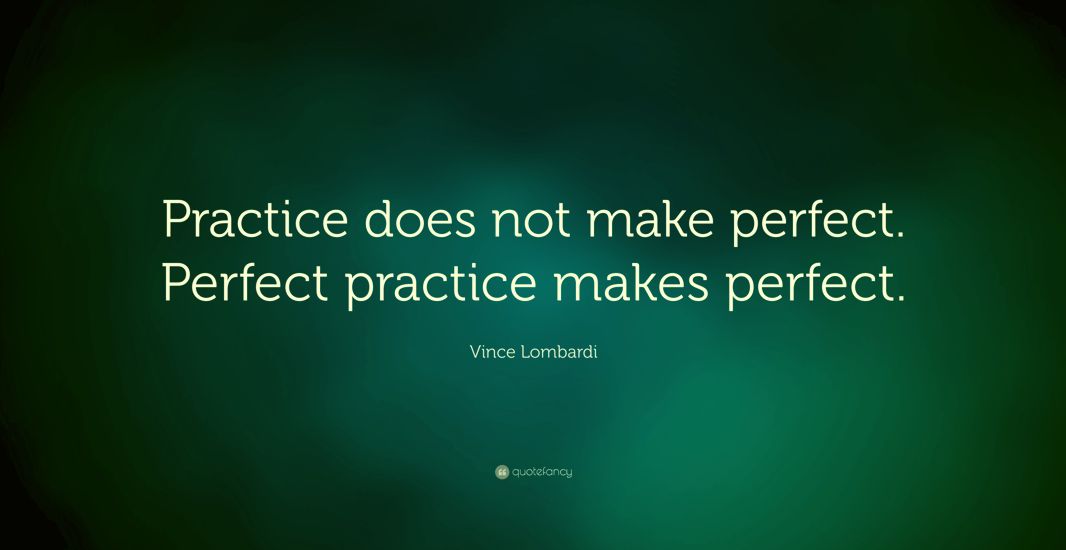There are certain names that are associated with the development and promotion of the martial arts, names such as Sosai Masutatsu Oyama, Kyokushin karate; Chojun Miyagi, Goju-Ryu karate; Gichin Funakoshi, Shotokan karate, and Choshin Chibana, Shuri-Te, or Shorin-Ryu karate. These individuals founded, developed, and studied martial arts disciplines that have stood the test of time, many are still practiced today, although, not in their original forms. Over the centuries, the martial arts have evolved into what we have today; mostly, modified versions of the originals.
The training methods have changed, sometimes in a positive way, other times, negatively. The advent of sports karate has deprived the martial arts of its dynamic and realistic applied techniques suitably for true self-defense. Often we find instructors teaching techniques geared for sports karate, or point fighting, techniques that are beautiful to look at; nonetheless, they lack the technical skill and power to defend oneself from someone trying to rip your heart out in a real life-and-death combat situation. There are those who will argue, to the contrary; however, it is important we understand that how we practice and what we practice is usually the way we respond.
Fighting is an art that has to be practiced and cultivated, and the adage, “practice makes perfect,” is really untrue and dangerous, because if we practice martial arts techniques incorrectly, it is likely we will execute those techniques the same way when our very life may be in peril. In other words, as Vince Lombardi says, “Practice does not make perfect. Perfect practice makes perfect. The only way to develop proficiency and skill in combat is to practice our techniques correctly, and as realistic as possible.
Often this is not possible, for several reasons: It may be the student is physically weak, because the instructor is prohibited from developing strength in the student for fear of being sued. It may be that the instructor is not familiar with, or has no knowledge of how to develop the necessary strength in the student, or it could be the student lacks the drive, commitment, tenacity, and discipline required to develop the essential strength, both mentally and spiritually. With constant study and practice, we gain knowledge, and with knowledge comes strength, physical (body/external), mental (mind/Internal), and spirit (spiritual/Awareness).
In most martial arts schools, whether a Dojo, or Dojang, there is usually a sign stating the martial arts as the development of the Body; (Physical), Mind; (Mental), and Spirit (Spiritual). It is true, that as a student of the martial arts, one must develop these attributes; however, quite often the only training a student receives is that of the Body; (Physical). They are trained in physical skills, I.e. Kumate, Katas, Weapons, etc., but the mind and spirit are often not trained, and therefore, they lack the discipline and other components necessary (including mindset) for proper execution of techniques required in a life-and-death combat situation.
Furthermore, it is necessary for a student of the martial arts to be familiar with other aspects of the arts. For instance, the study of biology is essential to know precisely where to strike for maximum effect; Physiology, a study of the chemistry and physics of the structures of the body, and Osteology, a study of the structure and function of skeleton and bone structures of the human body.
Other areas of proper martial arts training are character building, the true meaning of honor, integrity, humility, charity, empathy, generosity, and forgiveness, the third tenet of the Bushido code id Mercy. These are some of the spiritual aspects and attributes of a martial artist. I submit to you, if you cannot recognize that you are becoming a better person because of your study and training in the martial arts, you should reevaluate your motive for enrolling in a school. Adversely, you should begin to ask yourself whether or not; your instructor is qualified to teach the MARTIAL ARTS or is he, or she, just a fighting trainer.


